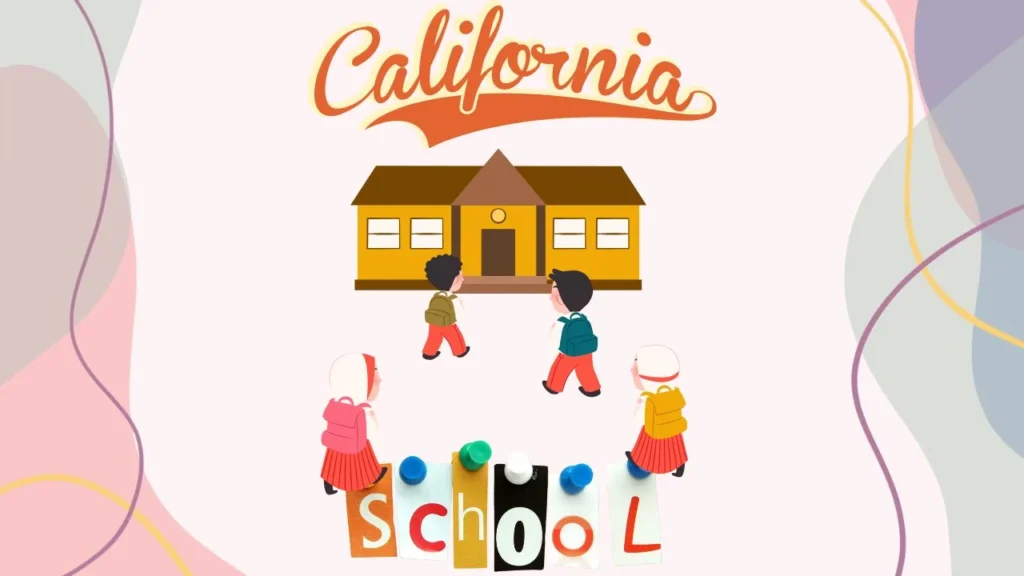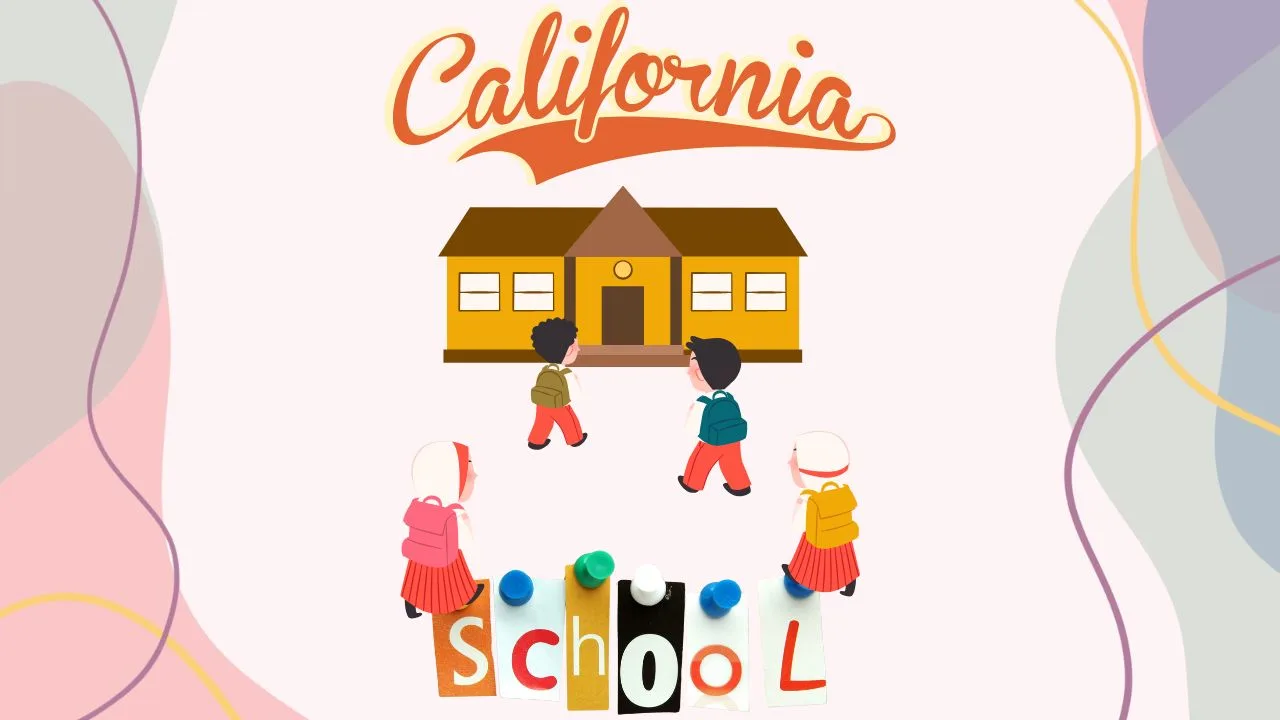How to Legally Home School Your Child in California.The parents now want more control over the education of their child, flexibility in daily routines, and the ability to tailor any learning to fit unique strengths and interests by providing them homeschooling. Some families choose it for faith-based reasons, others for academic customisation, and many for a healthier family lifestyle.
The good news is that California law provides some legal ways for homeschooling, and while the process may seem scary at first, it becomes manageable once you understand your options. This blog will break it down step by step, in plain language, so you can feel confident about starting the journey of homeschooling.
How to Legally Home School Your Child in California-Overview
| Option | Summary |
| PSA | File your own private school affidavit; full independence, full responsibility. |
| PSP | Join a private school program; they handle records and support. |
| Charter | Homeschool through a public charter; resources provided, with oversight. |
| Tutor | Hire a credentialed teacher; structured but costly. |
| Hybrid | Mix of home learning + support programs (e.g., Abeka, Heights). |
Legal Options for Homeschooling in California
California does not have a single “homeschool law.” Instead, homeschooling is recognized under the state’s private education laws. Parents essentially become responsible for ensuring their child receives a quality education that meets state requirements. Here are the four main ways you can legally homeschool in California that are given below:

1. File a Private School Affidavit (PSA)
This is the most common method which the families use mostly. By filing a PSA, you are essentially creating your own small private school in your home.
- The parents become the school administrators.
- You must file the affidavit each year between October 1 and October 15 with the California Department of Education (CDE).
- You are responsible for keeping basic records, such as attendance, course of study, and teacher qualifications.
2. Enroll in a Private School Satellite Program (PSP)
Some private schools in California offer what is called a satellite program, where families educate their children at home but remain under the umbrella of the private school.
- The private school will file the PSA on your behalf.
- They may provide record-keeping, transcripts, or even curriculum guidance.
- Families often appreciate the administrative support and sense of community.
3. Homeschool Through a Charter School
California has many independent study charter schools that allow parents to teach their children at home while still being part of the public school system.
- Students are considered public school students.
- Families are often provided with curriculum, instructional funds, or access to extracurriculars.
- Charter schools may require regular check-ins, work samples, and state testing.
4. Hire a Certified Tutor
California law also allows homeschooling through a state-credentialed private tutor.
- The tutor must hold a valid teaching credential of California.
- Instruction of the required subject must be in English.
Steps to Legally Start Homeschooling
Once you choose the option that fits your family, here is what you need to do:
- Decide on Your Legal Route
- PSA if you want full independence.
- PSP or charter if you prefer support.
- Tutor if you want one-on-one professional teaching.
- File the Required Paperwork
- For PSA, file online with the California Department of Education between October 1–15.
- For PSP, enroll directly with the school or program.
- Choose a Curriculum
- California does not order a specific curriculum for homeschoolers.
- California does not order a specific curriculum for homeschoolers.
- Keep Records
- Attendance logs.
- Course outlines or lists of textbooks used.
- Student work samples (especially for PSPs or charters).
- Immunization records (required for PSA).
- Follow Subject Requirements
California requires instruction in the same branches of study offered in public schools, including:
- English (reading, writing, grammar, spelling, and speaking)
- Math
- Social sciences (history, geography, civics, etc.)
- Science
- Fine arts, health, and physical education
Common Challenges and How to Handle Them
Homeschooling is rewarding but not always easy. Here are some challenges which families face, along with solutions:
- Time Management – You should create a flexible daily routine, but don’t try to mimic a public school schedule exactly.
- Socialization Concerns – Join local co-ops, sports teams, church groups, or extracurriculars to give your child peer interaction.
- Choosing Curriculum – Start simple, and don’t be afraid to switch if something doesn’t fit.
- Record Keeping – Use digital tools or apps to track the attendance and grades. Many PSPs handle this for you.
- Balancing Roles – If you are both parent and teacher, give yourself grace.
Tips for Success
- Start with clear goals such as academic, personal, and family-related.
- Take advantage of California’s wealth of museums, parks, and libraries.
- Keep learning fun. Homeschooling doesn’t have to look like traditional schooling.
- Revisit and adjust your plan every year as your child grows.
Final Thoughts
Homeschooling in California is 100% legal and absolutely possible once you understand your options. Whether you file your own affidavit, join a PSP, partner with a charter, or hire a tutor, the key is choosing the path that works best for your family.
| Home Page | https://sbbarristers.com/ |
FAQs for How to Legally Home School Your Child in California
Ques.1. Do homeschoolers have to take state tests?
Not if you homeschool through PSA or PSP. If you use a charter school, testing is usually required.
Ques.2. Is this required to be a certified teacher to homeschool my child?
No, the parents do not need a teaching credential unless they choose the certified tutor option.
